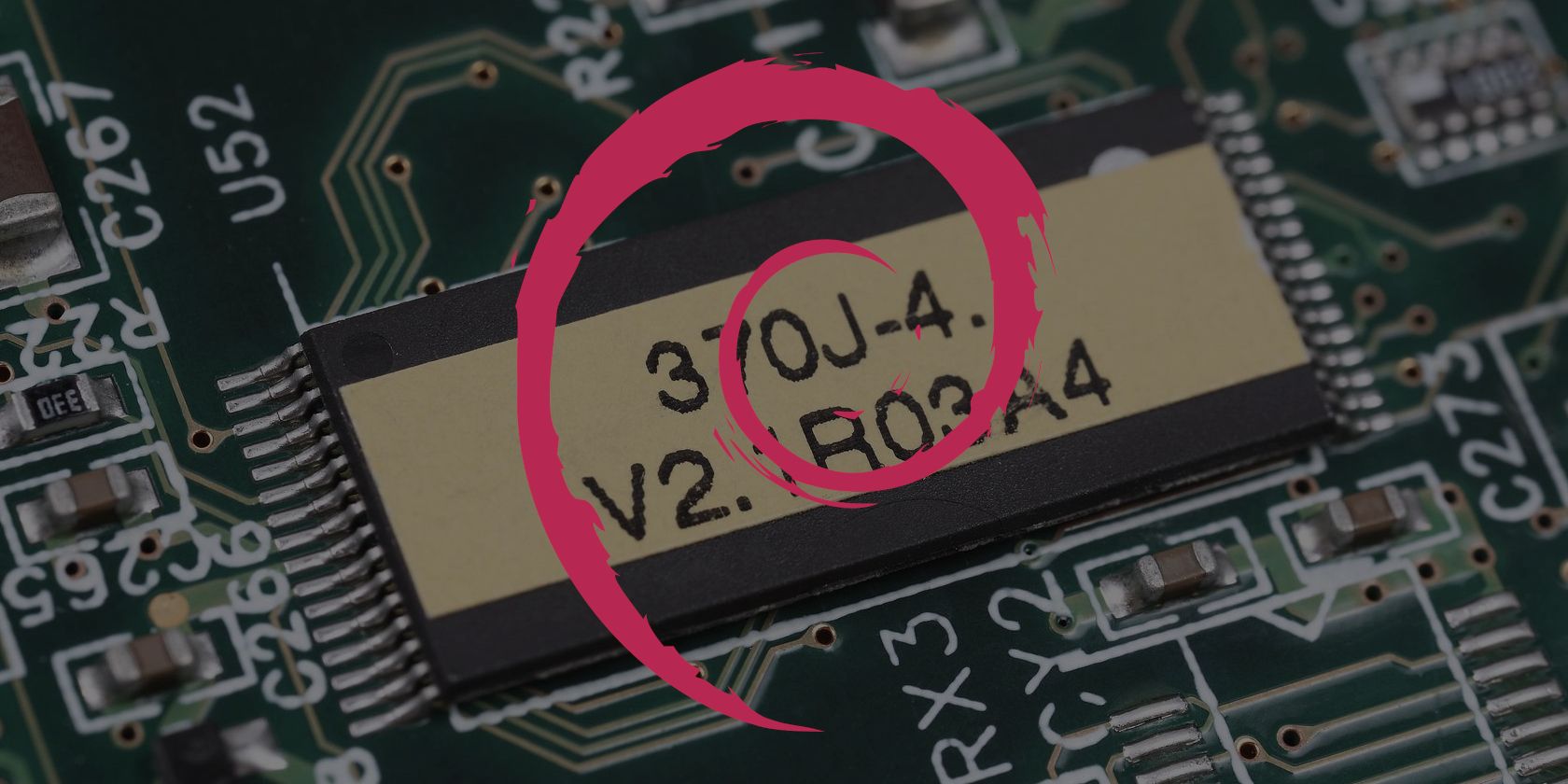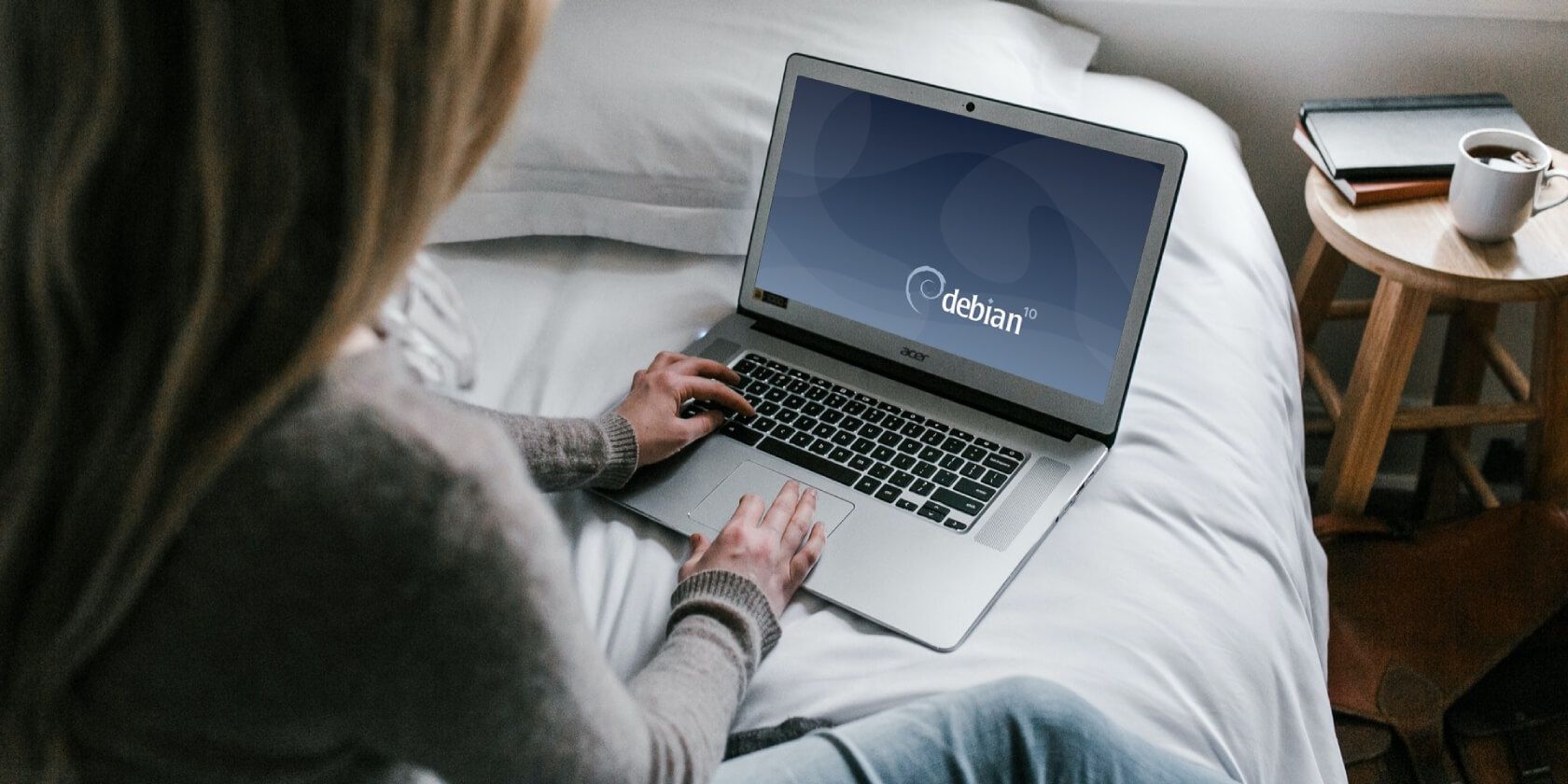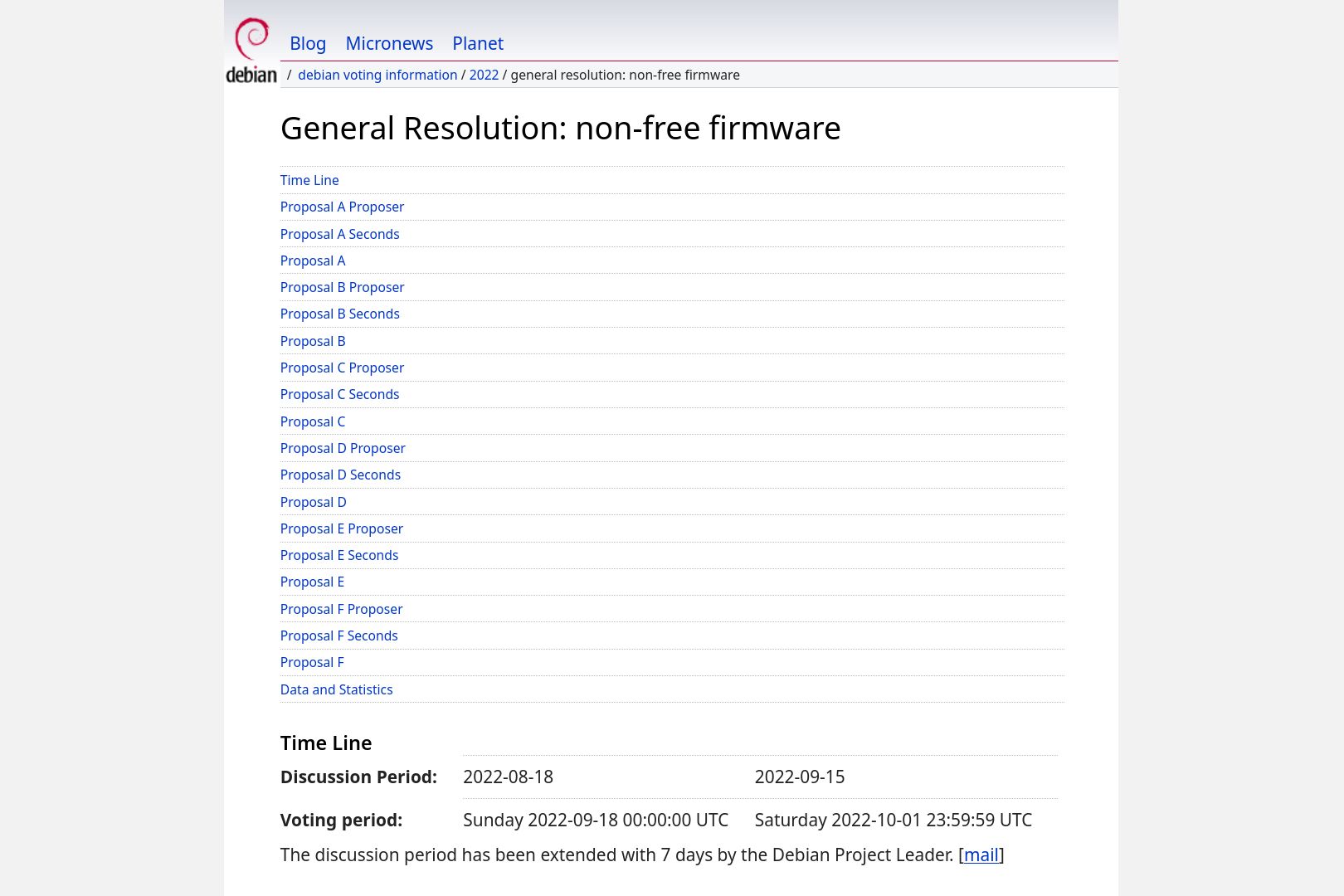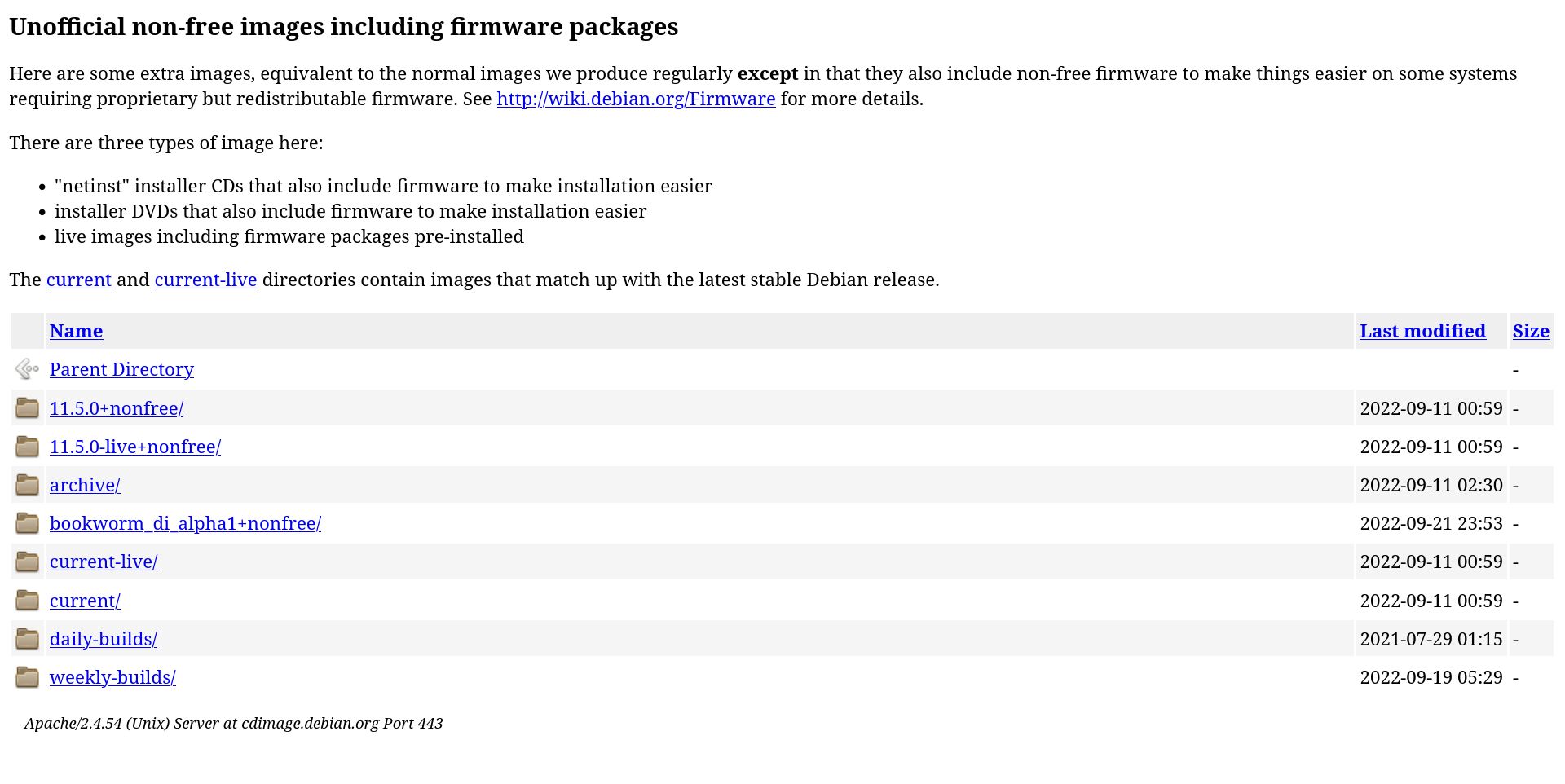The Debian Project is currently voting on the state of non-free firmware on Debian. The vote will decide if Debian will include non-free firmware in future official releases.
The current question on non-free firmware is a big challenge to the Debian community. Many computer hardware components today need non-free firmware to function. But Debian and its developers are firm defenders of free and open-source software. Can the Debian Project create a better compromise between usability and free software principles?
How Debian Handles Firmware Today
Firmware is a low-level type of software that allows users to control hardware. It works as an intermediary between your OS and your keyboard, mouse, Wi-Fi card, and other devices.
Many hardware companies today make their own proprietary firmware for their devices. Most of these companies don't include their firmware inside their hardware. They instead expect operating systems to include firmware for their devices through drivers.
Despite this, support for non-free firmware is not included in Debian by default. According to the Social Contract of Debian, the project is committed to remaining 100% free and open-source. Because of this, Debian users today struggle to get their computers working completely.
As a workaround, Debian offers "unofficial" release images that include non-free firmware. Debian Project developer Steve McIntyre outlines four issues with this workaround:
1. Building, testing, and publishing two sets of images takes more effort.
2. We don't really want to be providing non-free images at all, from a philosophy point of view. So we mainly promote and advertise the preferred official free images. That can be a cause of confusion for users. We do link to the non-free images in various places, but they're not so easy to find.
3. Using non-free installation media will cause more installations to use non-free software by default. That's not a great story for us, and we may end up with more of our users using non-free software and believing that it's all part of Debian.
4. A number of users and developers complain that we're wasting their time by publishing official images that are just not useful for a lot (a majority?) of users.
Debian's compromise on including non-free firmware leaves users and developers alike unsatisfied. The lack of official support for non-free firmware will cause more problems in the long run.
For the sake of its users, Debian needs to keep up with the expectations of hardware manufacturers today. For the sake of the whole open-source community, the Debian Project also needs to commit to the principles of free software. How can Debian move forward with the issue of non-free firmware?
Debian Community Vote on Including Non-Free Firmware
After months of rigorous debate, the Debian Project has put the question on non-free firmware to a vote. On August 18, 2022, six proposals on non-free firmware on Debian were presented for voting.
Proposal A, which was presented by McIntyre, has the most seconds from developers. The proposal aims to get rid of the "unofficial" Debian release.
If Proposal A passes, then Debian will maintain only one release with non-free firmware packages. Debian will automatically enable non-free firmware if it detects hardware that requires it. Users will still have the option to disable non-free firmware on Debian. Debian will also notify users if free or non-free firmware is being used by the system.
Proposals B and C aim to maintain both Debian releases. If passed, both proposals will officially recognize the Debian release with non-free firmware. Proposal B will recommend users to download non-free firmware-included Debian over the fully-free release.
Proposal D is the status quo option. Proponents of Proposal D maintain that non-free firmware should not be on Debian. The more radical Proposals E and F aim to add on to Proposals A and B by amending the Debian Social Contract. The amendment will add the following sentence to point 5 of the contract:
"The Debian official media may include firmware that is otherwise not part of the Debian system to enable use of Debian with hardware that requires such firmware."
Any vote to amend to the Social Contract requires a 3:1 majority to pass.
116 votes were tallied as of September 23, 2022. The voting period ends on October 1, 2022.
What the Debian Non-Free Firmware Vote Means for the Linux Community
As Debian is a major Linux distribution, the vote could have major implications for Linux. Debian is a long-running and important operating system for the Linux community. The Linux distribution is the base for other major operating systems like Ubuntu.
The results could cause more users and developers to embrace or reject non-free software. It could also either hinder or help all the efforts to make Linux more accessible to new users.
No matter the result, Debian will remain an important Linux distribution in the years to come. It is and will still be a heavy contributor for the free and open-source software community.




